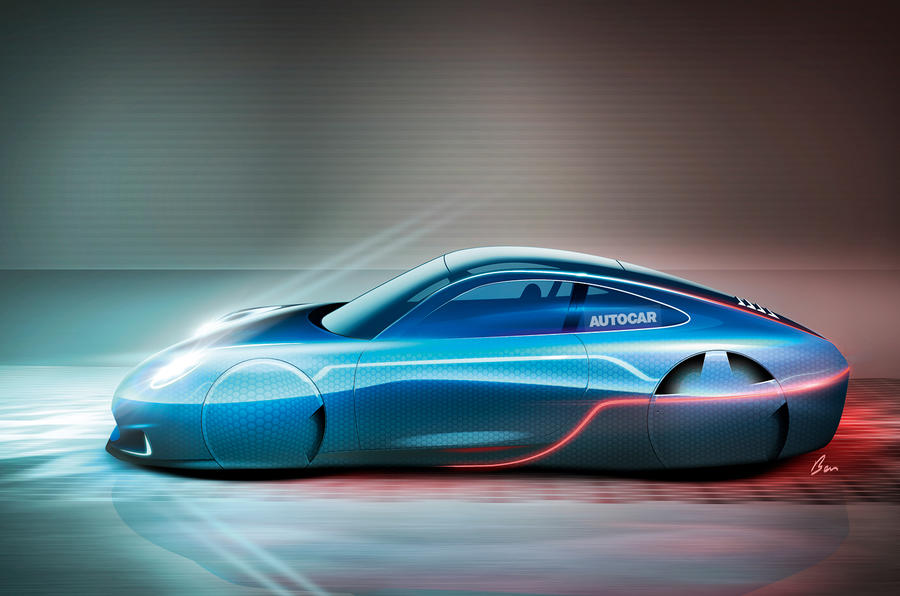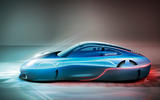So what will the cars tested by Autocar 90 years from now be like? One thing seems certain: despite all the talk, they won’t be fully autonomous.
There may be fully autonomous devices on the road but they won’t be cars. If you’ve ever parked in Heathrow’s business car park and got one of those funny little bubbles to take you to the terminal, you don’t think you’re stepping into a car when you climb aboard, you think you’re stepping into a driverless pod, because that is precisely what it is. Cars that don’t need drivers aren’t cars, and that’s the end of it.
But do they need wheels? The wheel is pretty old tech – about 6000 years old, in fact. So will it really be replaced within the next 90? Possibly. Wheels and tyres are space-inefficient, require heavy and complicated suspension systems, wear out and create enormous amounts of friction. They also limit the amount a car can turn. But if the car could hover, all these problems go away.
You may remember the extraordinary ekranoplans built by Russia during the Cold War. These were craft capable of carrying vast numbers of troops at 300mph, flying just above the surface of the sea, exploiting what’s known as ground effect – the aerodynamic relationship between a vehicle’s body, or wings, and the surface below. They failed partly because the Soviets were short of money and partly because the ekranoplans only worked on calm water.
On land, there would be no such problems. Super-lightweight cars would use ground effect at speed and adjustable thrusters that turned them, kept them suspended at low speeds and slowed them down. The scientists and engineers reading this may now be realising you don’t count me among your number.

Okay, so perhaps that’s too great a leap. So here’s another prediction your grandchildren can laugh at when leafing through a 90-year-old back issue of Autocar in 2108: the entire electric car revolution with which we are confronted today will have been and gone. Sometime around 2030, it starts to become clear that the transforming technology that will put the issues of range anxiety and charging times finally to bed is as far away as ever. In the meantime, supplies of the metals required to make batteries are becoming severely depleted while the true environmental cost of mining those metals and disposing of dead batteries – which are rarely mentioned by car manufacturers and almost never considered by the public – become starkly apparent.








Join the debate
Add your comment
No. Just no.
One of the most willfuly ignorant and poorly researched /poorly thought-out articles I've ever read,
Zero comprehension of the science and the likely progress in numerous areas of technical endeavour.
Little more than baseless opinion.
Fail.
Fraud VW
despife the fraud committed against 1.2 million buyers of VW products through dieselgate, Autocar still refer to the VW Golf instead of the Ellesmere Port built Astra. Why oh why would that be the case?
The Elephant in the Room
Interesting article, but it fails to consider the fallout from Brexit. The only powered vehicles in the UK will date from 2018, and will be nearing the end of their useful lives. Having reverted to a form of feudalism, the general populace will be relying on livestock for transportation. The roads will be in a state of total disrepair and decay, returning to nature, having not been maintained since 2018. Mead, hay, peat and dung will be important commodities.